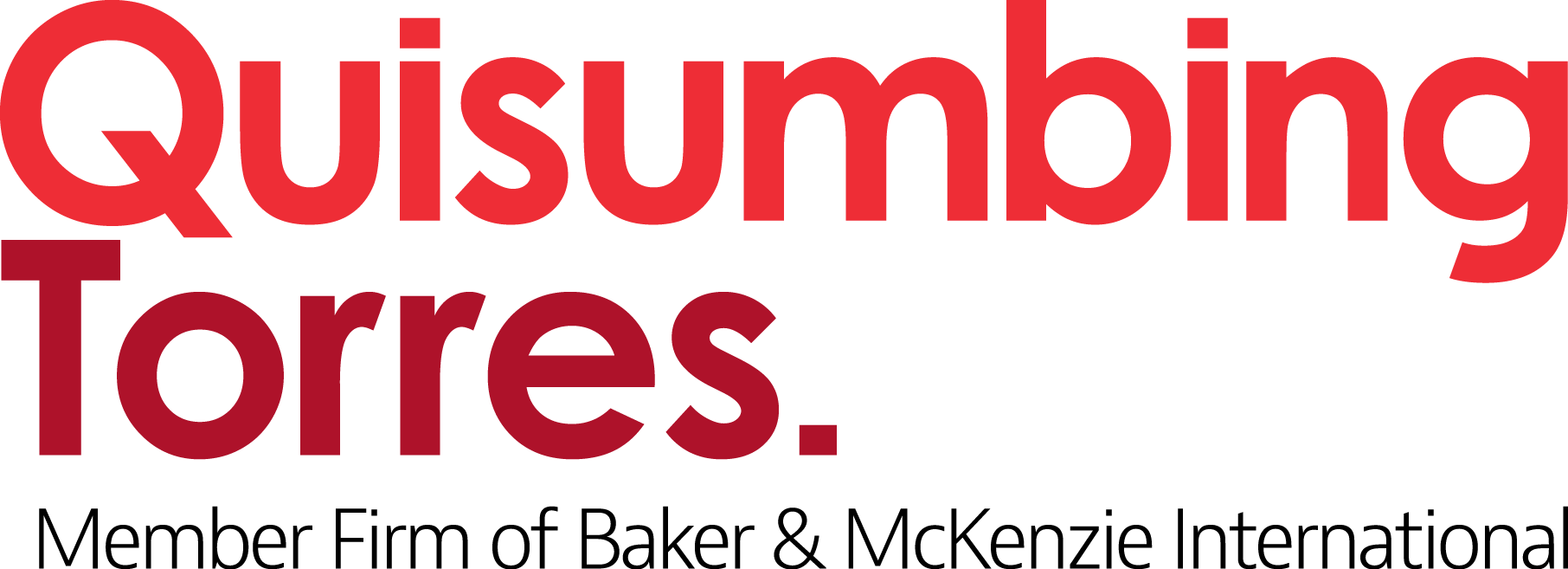The National Privacy Commission recently issued Circular No. 2022-04, which takes effect today, 11 January 2023.
In brief
The National Privacy Commission (NPC) issued Circular No. 2022-04 on 5 December 2022 (“Circular”), which sets out the registration framework of Data Protection Officers (DPO) and Data Processing Systems (DPS).1 Under the Circular, personal information controllers (PICs) and personal information processors (PIPs) operating in the Philippines are required to register with the NPC as long as they meet any of the conditions for registration.
The Circular takes effect today, 11 January 2023. All covered PICs and PIPs shall complete their registration within 180 days from the effectivity date, or until 10 July 2023, via the NPC’s online registration system (NPCRS). At the time of writing, however, the NPCRS is not yet available to the public.
In more detail
Mandatory registration
PICs and PIPs operating in the country2 are required to register with the NPC if they meet any of the following criteria:
- Employing at least 250 individuals
- Processing the sensitive personal information of at least 1,000 individuals
- Processing personal data that will likely pose a risk to the rights and freedoms of data subjects3
Covered PICs and PIPs are required to register their respective DPO and DPS with the NPC.
Voluntary registration
PICs and PIPs covered by the scope of the Circular4 but do not meet any of the foregoing criteria are not required to register with the NPC. Nevertheless, they are required to submit a sworn declaration to the NPC (see Annex 1 of the Circular) attesting to the fact that they are not covered by the registration requirement.
At the time of writing, however, please note that the NPC has not published any guidance on the process for submission of the sworn declaration. We will provide a separate update once the same has been released by the NPC.
Registration procedure
Covered PICs and PIPs are required to register their respective DPO and existing DPS within 180 days from the effectivity of the Circular, or until 10 July 2023, via the NPCRS. On the other hand, DPS that have yet to operate before said date are required to be registered within 20 days from the commencement of such system. The registration will be valid for a period of one year from the date of issuance of the certificate of registration and must be renewed 30 days before the date of expiration.
Under the Circular, the following information must be submitted via the NPCRS:
- Details of the PIC or PIP, head of agency or organization, and the DPO (including the documentary requirements mentioned in the Circular)
- Brief description of each DPS:
- Name of the system
- Lawful basis for the processing of personal data
- Purpose or purposes of the processing
- Whether processing is being performed as a PIC or PIP (if an organization uses the same system as a PIC and as a PIP, then it must register such usage separately)
- Whether the system is outsourced or subcontracted, and if so, the name and contact details of the PIP
- Description of the category or categories of data subjects and their personal data or categories thereof
- Recipients or categories of recipients to whom the personal data might be disclosed
- Description of security measures
- General information on the data life cycle (i.e., time, manner, or mode of collection, retention period, and disposal/destruction/deletion procedure)
- Whether personal data is transferred outside of the Philippines
- Existence of data sharing agreements with other parties
- All publicly facing online mobile or web-based applications, including internal apps with PIC or PIP employees as clients
- Notification regarding any automated decision-making operation or profiling
- Lawful basis for the processing of personal data
- Other relevant information pertaining to the specified lawful basis specifying the specific law or regulation, among others
- If consent is used as the basis for processing, the PIC or PIP must submit either: (a) the consent form used; or (ii) other manner of obtaining consent.
- Retention period for the processed personal data
- Methods and logic utilized for automated processing
- Possible decisions relating to the data subject based on the processed data, particularly if the decisions would significantly affect the data subject’s rights and freedoms
- Lawful basis for the processing of personal data
At the time of writing, however, please note that the NPCRS is not yet available to the public. We will provide a separate update once the same has been launched by the NPC.
Seal of registration
In addition to the certificate of registration, the NPC will also issue a downloadable seal of registration. Under the Circular, PICs and PIPs who receive such seal are required to display the same at the main entrance of their place of business, office, or at the most conspicuous place to ensure visibility to all data subjects.
Moreover, the NPC requires that the seal be displayed on the PIC’s or PIP’s main website, or at least the webpage specifically pertaining to the Philippines for global websites, and only as either: (i) a clickable link leading to the privacy notice; or (ii) displayed directly on the privacy notice page.
As of writing, however, please note that the NPC has not revealed to the public the actual seal of registration. We will provide a separate update once the same has been released by the NPC.
Enforcement and penalties
The NPC may impose administrative penalties on PICs and PIPs covered by the requirements under the Circular but fail to comply with the same. Penalties include compliance and enforcement orders, cease and desist orders, temporary or permanent bans on the processing of personal data, or payment of administrative fines.
Recommended actions
Clients are advised to evaluate their current data processing activities to determine whether they are covered by the requirement to register or to submit a sworn declaration with the NPC. Clients covered by the registration requirement are strongly encouraged to prepare for the registration of their respective DPO and DPS by preparing the information and documents listed above while waiting for the launch of the NPCRS. On the other hand, clients covered by the Circular but are not subject to the mandatory registration requirement are advised to further monitor developments to be issued by the NPC about the submission of the required sworn declaration.
Clients are likewise encouraged to stay tuned to further updates from the NPC on its implementation of the Circular. Our Firm is closely monitoring developments on this important compliance matter and will provide more updates as soon as they arise.
1 “Data processing systems” refers to the structure and procedure by which personal data is collected and further processed in an information and communications system or relevant filing system, including the purpose and intended output of the processing.
2 “Operating in the country” refers to PICs and PIPs who, although not founded or established in the Philippines, use equipment that are located in the Philippines, or those who maintain an office, branch or agency in the Philippines.
3 This includes processing operations that involve the following: (i) information that would likely affect national security, public safety, public order or public health; (ii) information required by applicable laws or rules to be confidential; (iii) vulnerable data subjects like minors, the mentally ill, asylum seekers, the elderly, patients, those involving criminal offenses, or in any other case where an imbalance exists in the relationship between a data subject and a PIC or PIP; or (iv) those involving automated decision-making or profiling.
4 Section 1 of the Circular states, “The provisions of this Circular shall apply to any natural or juridical person in the government or private sector processing personal data and operating in the Philippines, subject to the relevant provisions of the DPA, its IRR, and other applicable issuances of the NPC.”

Please contact QTInfoDesk@quisumbingtorres.com for inquiries.



